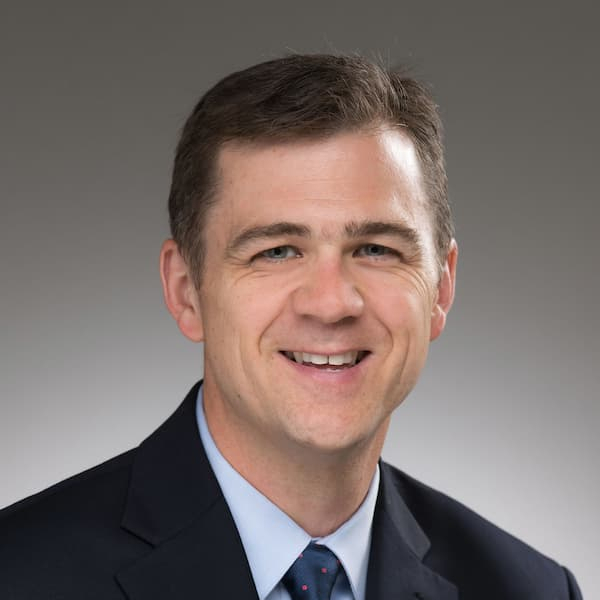
America is secularizing. The evidence is clear. The question of why is a little more murky. And for American Christians, one likely cause should be sobering—especially during election season.
First, the facts. According to data from Gallup, Pew, and PRRI, the percentage of Americans who identify with any religion is in steady decline, as are those who believe in God, the devil, Heaven, Hell, or angels; who say religion is a very important part of their life; maintain membership in a church or synagogue; or attend church regularly.
In fact, Americans are increasingly aware of religion’s waning cultural authority. Since 2010, Gallup shows nearly 74% of Americans on average believe religion is losing its influence on American life. Over the previous ten years, that average was closer to 55%.
What’s driving religion’s declining influence?
In truth, no single entity or factor gets all the blame (or credit, depending on how you feel about the situation). Not directly, anyway.
Economic prosperity and functional governance (both wonderful things) can weaken our felt need for religious resources. For example, much of what religious institutions historically provided America’s citizens—education; counseling; support for the needy; marriage options; entertainment; and explanations for how the world works—are increasingly provided by the state and the market. Church participation has become more optional, just one more activity middle-class families do in the suburbs—or not.
Another factor is simply the inevitable consequence of living in an increasingly cosmopolitan, multiracial democracy where liberal values of tolerance are celebrated. Diverse neighborhoods, schools, and civic institutions force us to confront the reality that there are wonderful people out there who don’t share our religious beliefs. Our children will be friends with one another, maybe even spouses. Rising generations find the divisive dogma of many religious groups increasingly strange, if not offensive.
But there is another factor at work. Not all the secularizing trends we see are inevitable. Beyond the prosperity, pluralism, and busyness of our modern lives, other dynamics are driving Americans away.
For the past few decades, sociologists and political scientists have demonstrated across multiple studies that as Christianity has become increasingly aligned with right-wing conservatism and the Republican Party, Americans who might have otherwise identified as Christians on surveys are now identifying as “nothing in particular” or “none.” The conclusion many seem to be drawing is “If this is what it means to be religious, count me out.”
This is particularly the case among young people, who often hold left-leaning political views. In their award-winning book Secular Surge, Notre Dame political scientist David E. Campbell and his co-authors used experiments to show that when young Americans who leaned toward the Democratic party were shown examples of politicians making Christian nationalist statements or pastors endorsing conservative political candidates, those young people were more likely to disaffiliate from religion. They literally changed their religious identity to nothing. This seems to be happening on a larger scale around the country.